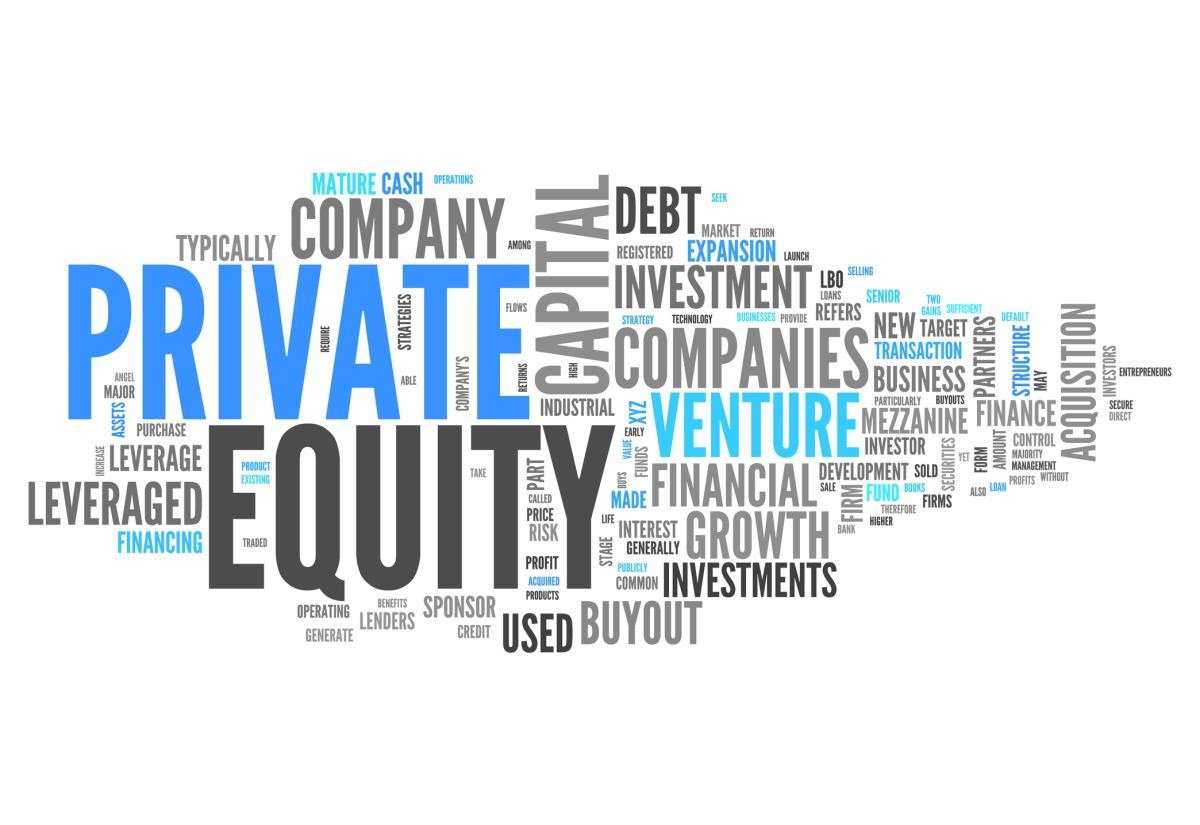Private-Equity Firms Forced to Kick In More Cash to Shore Up Portfolio Companies

Private-equity firms are being forced to spend more money to keep the companies they own alive, as rising interest rates disrupt the buyout industry’s debt-heavy playbook. With credit costs at the highest level in years, companies that provide debt for private-equity deals are asking firms to chip in additional equity when they look to refinance, say people who research the leveraged-finance markets and advise private-equity firms on transactions.
Private-equity firms typically try to minimize their own equity investment when they buy companies, while maximizing leverage. Doing so increases their potential profit while minimizing risks. But now banks and private-credit firms want private-equity sponsors to put more skin in the game. Lenders “are being tougher on terms” for refinancing debt, including “requiring more equity to extend loans,” said Dafina Dunmore, a senior director at credit evaluator Fitch Ratings who tracks the leveraged-finance market.
Recent debt deals involving additional equity contributions include Prometric Holdings, an educational-services company backed by European buyout firm EQT AB, which last month extended the maturity of a $572 million loan by three years. The transaction included a $120 million equity commitment from EQT, according to Moody’s Investors Service. Also in September, boating-products retailer West Marine was able to restructure about $800 million of debt with the assistance of private-equity owner L Catterton, which provided the bulk of $125 million in new capital. Neither firm commented on the transactions.
The rebalancing of private-equity’s financing mix toward more equity and less debt presents several challenges for private-equity firms. Among them are deciding which companies have the long-term potential to justify an equity bailout. There is also a likelihood that higher equity investments reduce a firm’s profit from successful deals and increase losses from bad ones—part of the gloomier outlook for private equity as benchmark U.S. 10-year Treasury note yields approach 5%, the highest in more than 15 years.
But under pressure to extend portfolio-company debt, buyout firms sometimes have little choice but to use more equity, market analysts say. Firms are desperate for ways to extend the length of time they can hold investments, to avoid having to sell assets in a dismal market. Private equity has been in a slump since the Federal Reserve began raising interest rates last year, and firms are reluctant to part with assets when values are low. Deal making, fundraising and exits—or asset sales—have all fallen sharply. The value of U.S. private-equity exits approached its lowest level in more than a decade in this year’s third quarter, according to industry researcher PitchBook Data.
The private-equity downturn has been a busy period for debt refinancing. U.S. private equity-owned companies refinanced about $51.67 billion of leveraged loans this year through September, compared with about $16 billion in all of last year, according to PitchBook. This refinancing activity has given the industry some breathing room. At the beginning of the year, private equity-backed companies in the U.S. held about $4.4 billion of debt maturing this year, which fell to $167 million as of Oct. 6, according to PitchBook. Debt maturing next year has fallen to about $13 billion from around $54 billion as the year began.
But borrowing costs are so high—ranging around 10.5% for new loans to private equity-backed companies, more than twice as much as during 2021, according to PitchBook—that lenders are forcing borrowers to kick in more equity to extend the terms. The amount of additional equity that firms are contributing during refinancings is typically rather small, say people who have worked on the deals. But some firms have written very large equity checks. In July, for instance, BrandSafway, a scaffolding and industrial-services company, got a $1.1 billion sponsor equity contribution as part of a refinancing, according to PitchBook. The company is owned by Clayton Dubilier & Rice and Brookfield, neither of which commented.
The market for refinancing appears likely to remain tight for the near future. Speculative-grade companies—riskier credits, many of which are typically owned by private equity—hold $1.87 trillion of debt that matures between next year and 2028, up 27% in the past year, Moody’s said in an Oct. 12 report. The debt-rating company forecasts the default rate to peak early next year before subsiding. That means private-equity firms are trying to be selective about which companies they want to back with additional equity, said Christina Padgett, associate managing director covering leveraged finance for Moody’s. Firms won’t ante up more equity if they aren’t optimistic about a company’s future growth, she said.
While they won’t jump in to save all their investments, “private equity actually has a substantial amount of capital if they want to commit it,” Padgett said. Globally, private-equity firms hold more than $2 trillion in money raised, but not yet spent. Regardless, the well-worn private-equity playbook of levering up and selling at a higher value appears to be under strain, said Fitch’s Dunmore. Successful sponsors in coming years will be those that can improve a company’s operations, she said. Given high debt costs, firms that rely mainly on financial engineering will be at a disadvantage.
“There will be a bifurcation of fund performance based on [a firm’s] ability to execute on operational improvement,” Dunmore said. “But returns are probably going to come down over the next decade.”










